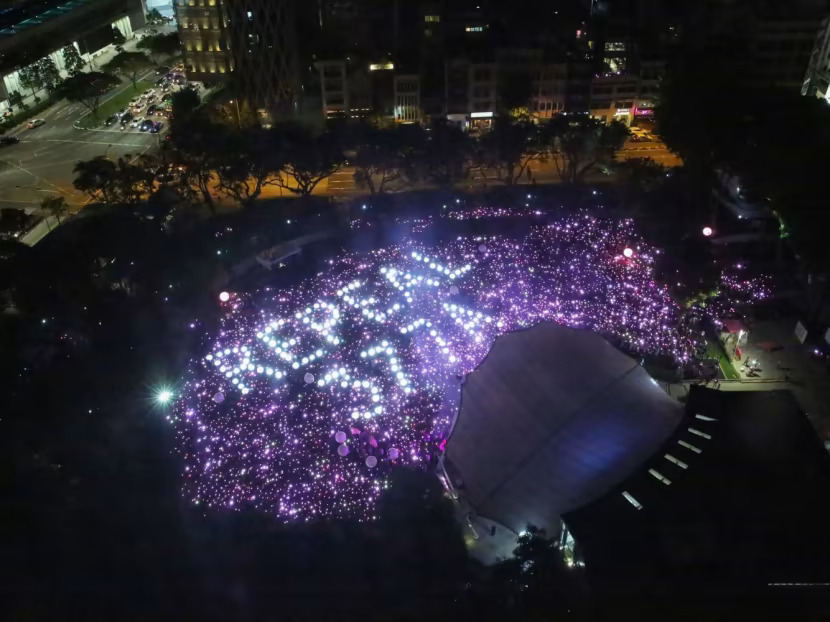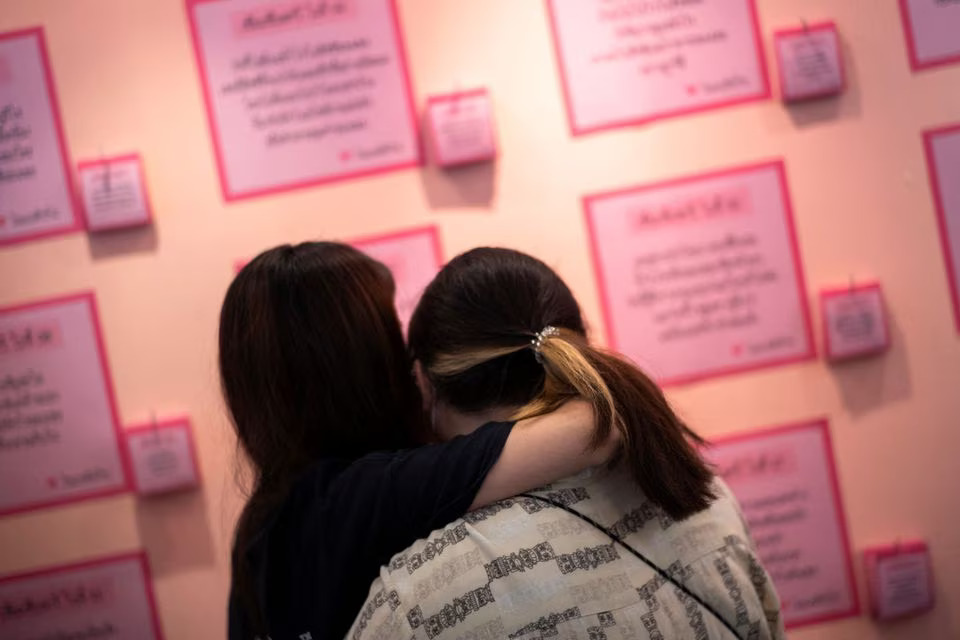by: Raya Johan Biasca / September 2, 2022

During his speech at the National Day Rally on Sunday, August 21, at the Institute of Technical Education headquarters in Ang Mo Kio, Prime Minister Lee Hsien Loong proclaimed that Singapore would repeal Section 377A of the Penal Code, a law that criminalizes sex between men.
He stated, “While Singapore remains a broadly conservative society, gay people are now better accepted in Singapore, especially among younger Singaporeans.”
“This is the right thing to do and something that most Singaporeans will accept,” he added.
Put in place by the British colonial government, Section 377A states that any male who, in public or private, commits, assists, or permits a male to perform any act of gross indecency with another male is subject to a two-year prison sentence.
Fifteen years had passed since Section 377A was last tackled by Parliament in 2007 when the House discussed Penal Code amendments wherein Nominated MP Siew Kum Hong put forward a citizen’s petition to repeal the law. At the time, PM Lee acknowledged that what consenting adults do privately is their own matter, but that not everyone accepted homosexuality equally, which led to 377A remaining in effect but not being actively enforced.
Despite the repeal, the government will revise the Constitution to safeguard the definition of marriage, presently acknowledged as occurring between one man and one woman by the law, from being challenged constitutionally in the courts.
“It will limit this change to what I believe most Singaporeans will accept, which is to decriminalize sexual relations between consenting men in private. But it will also keep what I believe most Singaporeans still want, and that is to retain the basic family structure of marriage between a man and a woman, within which we have and raise our children.“
(todayonline.com)
The announcement garnered mixed reactions from the city-state’s citizens.
Johnson Ong, a gay activist, told the BBC, “We finally did it, and we’re ecstatic that this discriminatory, antiquated law is finally going to be off the books. There’s a sense that maybe it took a little too long, but it had to happen, you know. Today we are very, very happy.”
Pink Dot, an LGBT support group for Singaporeans, expressed that the repeal is a “hard-won victory,” but on account of previous victims of Section 377A who suffered threats, including raids and criminal prosecutions, it comes as “far too late for many.”
Despite appreciation for the repeal, Lesbian, Gay, Bisexual, Transgendered, Queer, Intersex, Asexual (LGBTQIA+) groups expressed concerns over the government’s plan to revise the constitution to enshrine a traditional definition of marriage. At the same time, religious organizations have voiced opposition to the repeal while advocating for constitutional revision plans.
Following India – where a court ordered police and government officers should receive awareness training to guarantee they respect LGBT rights and that medical professionals should have their licenses withdrawn if they make claims that they can “cure” homosexuality, Thailand – passed the first reading of four different bills on same-sex unions that puts the country a step closer to legalize same-gender marriages, and Taiwan – the first country in Asia to legalize same-sex marriages, Singapore is the most recent country in Asia to take action on LGBT rights.

For a more inclusive community, one could only hope that neighboring countries would follow suit, such as the Philippines, the Anti-Discrimination Bill or the Sexual Orientation and Gender Identity Expression (SOGIE) Equality Bill proposed in 2000 to be passed as a law, and Vietnam, for LGBT marriages to be legally recognized as same-sex marriage was already decriminalized in 2015.
While there’s a long way to go as religion and culture intersect with politics, the Universal Declaration of Human Rights (UDHR) should be in the minds of everyone in whatever they do.
Everyone should not aspire for LGBT rights that are also human rights, but rather realize it because only then will the international community be able to live in a world where no one is left behind. After all, “All human beings are born free and equal in dignity and rights.”